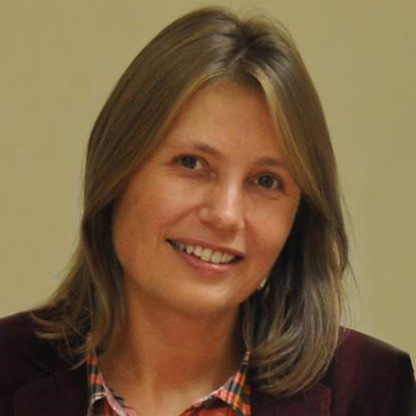Following a challenging 2020, Arqus – the European University Alliance, comprising the University of Graz and six partners – has some ambitious plans for 2021. Over the next few weeks, the people at the University of Graz who are involved in the Arqus alliance will be reporting on what it has achieved so far and what objectives it has set itself for this year.
Today: Action Line 4 (AL4): “Multilingual and Multicultural University”
Contact at the University of Graz: Daniela Unger-Ullmann (treffpunkt sprachen)
On the campus of the future, students, researchers and university staff will boast extensive language skills and impress on the international stage with their intercultural knowledge. This is the aim of AL4. What has Arqus achieved in this regard in its first year?
Even though the coronavirus presented us with a lot of postponements and delays, we made a virtue out of necessity and opened up some of the successful courses we were already running to our partners. Many went down very well, such as our “Teaching in English” programme. We’re also preparing several surveys to gauge the need for specific language courses and intercultural training at each of the universities in the alliance. We’ll be building on the feedback in Arqus’s second year.
What exactly are you planning? And what other objectives have you set?
The results from the surveys will be incorporated into one of our main projects, the Language Policy concept. This policy paper is intended to be presented as a recommendation to the EU Commission as well as institutions in EU member states and to show how Europe can equip itself for the future in intercultural and language policy terms. We’ve already gathered information on what foreign language skills are important from an Austrian perspective for the country’s economy and should therefore be promoted. Interestingly, Asian languages play only a minor role in this regard, although this could soon change. Business leaders still see the languages of Austria’s immediate neighbours as being particularly important.
Arqus’s first year was dominated by the extremely challenging Covid-19 pandemic. Looking back, is there anything positive that you’ll take from 2020?
Of course, the fact that all dialogue took place online made it hard to progress the content. Sometimes, we just found ourselves talking at cross purposes. Or we realised that projects we’d proposed simply wouldn’t work in practice. However, in such a major undertaking with so many different strands, that’s not really surprising. The fruitful collaboration with all the partner universities has been particularly positive. I’m also delighted to have found a highly dedicated and skilled comrade-in-arms in Simone Klinge. In addition, the philology departments at our university have become key partners. Despite some big challenges, therefore, we’re well placed after Arqus’s first year.
